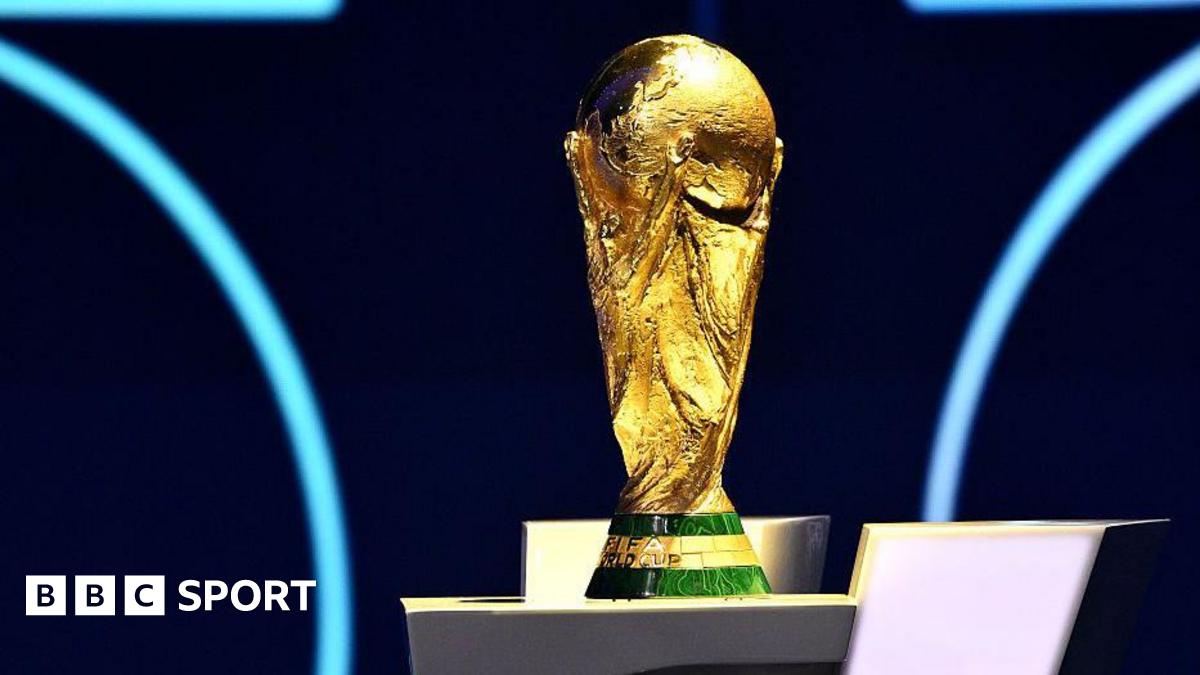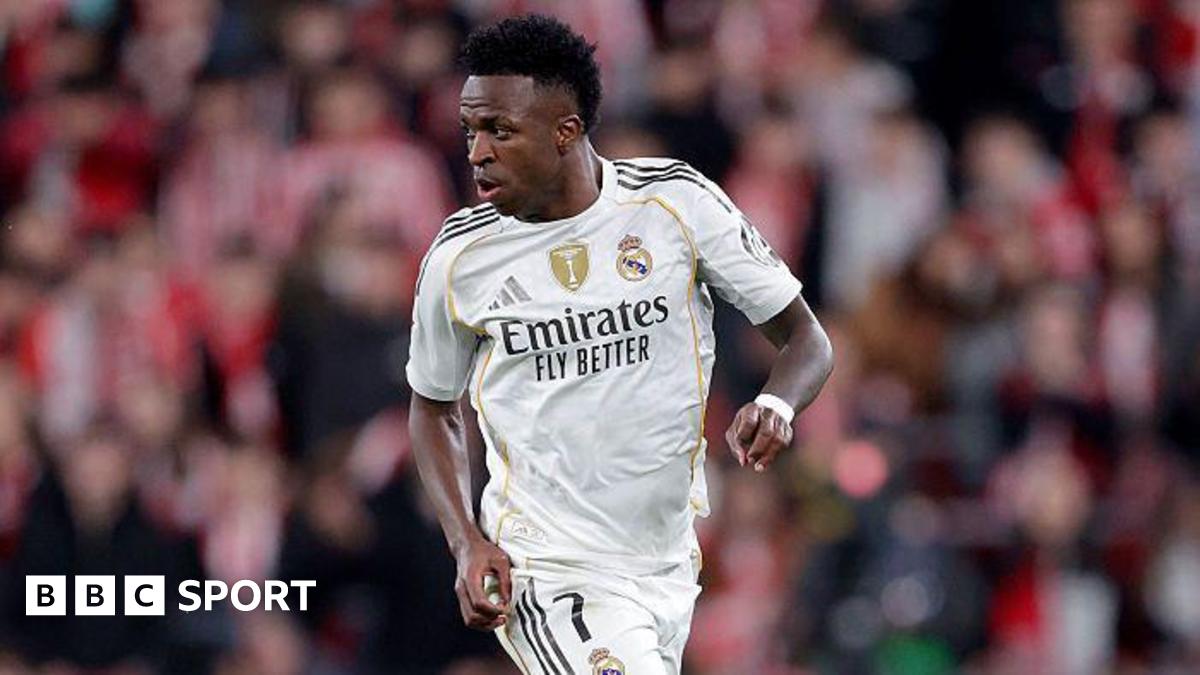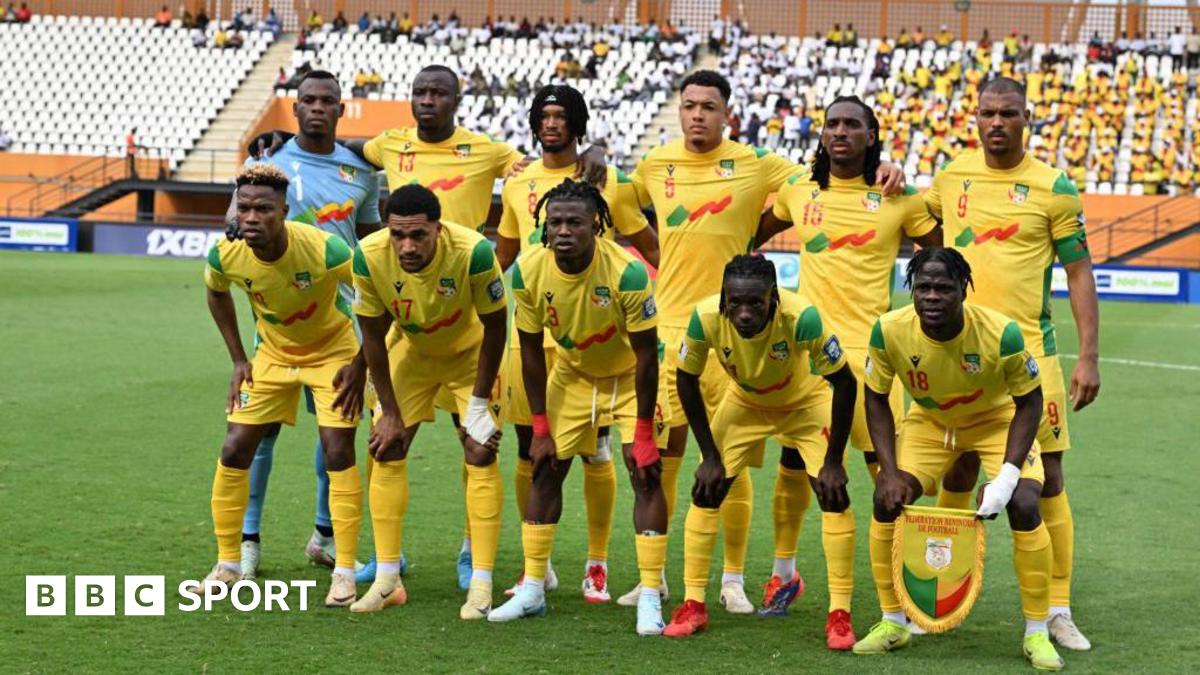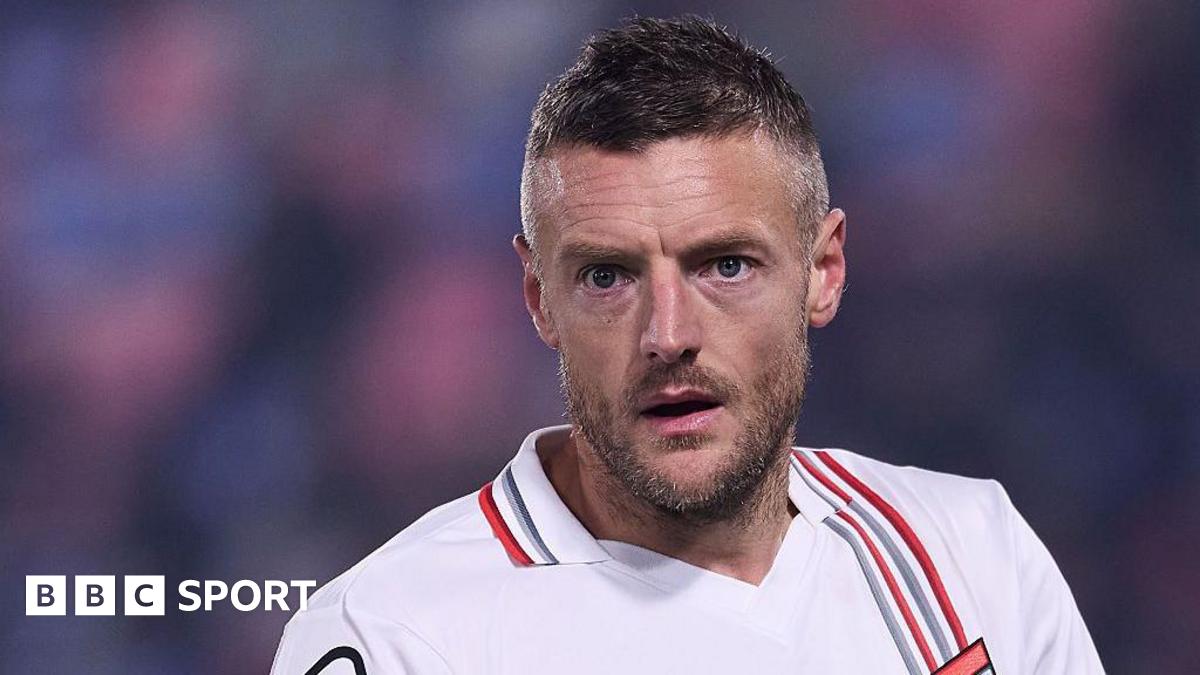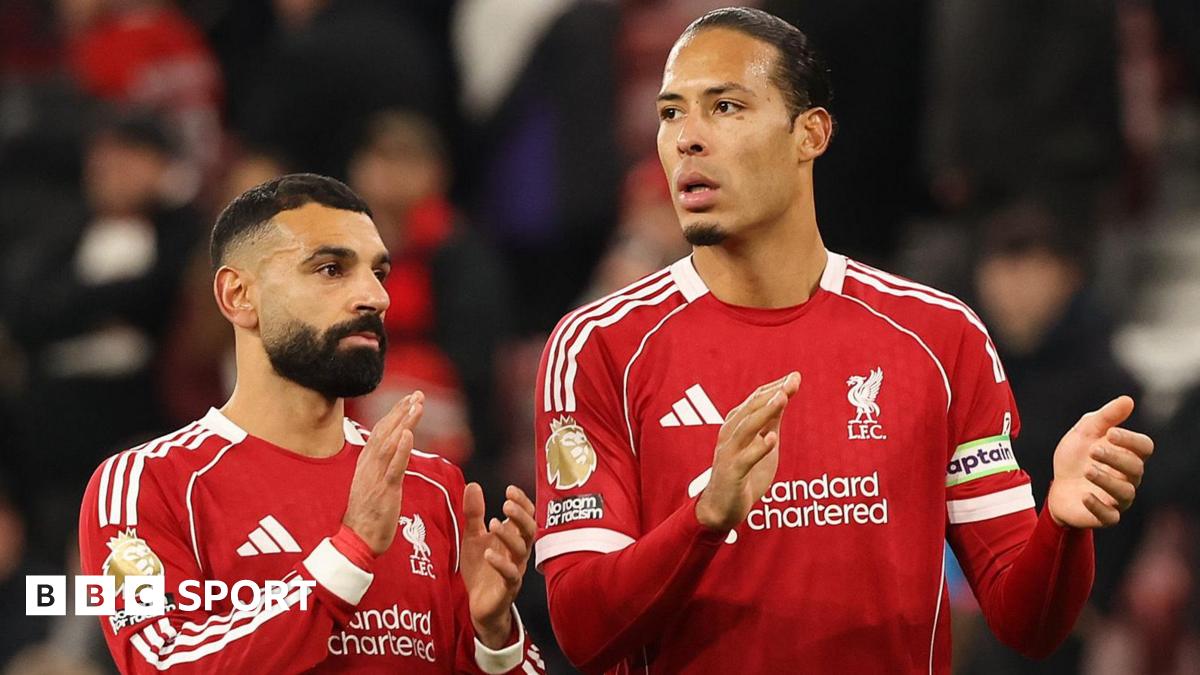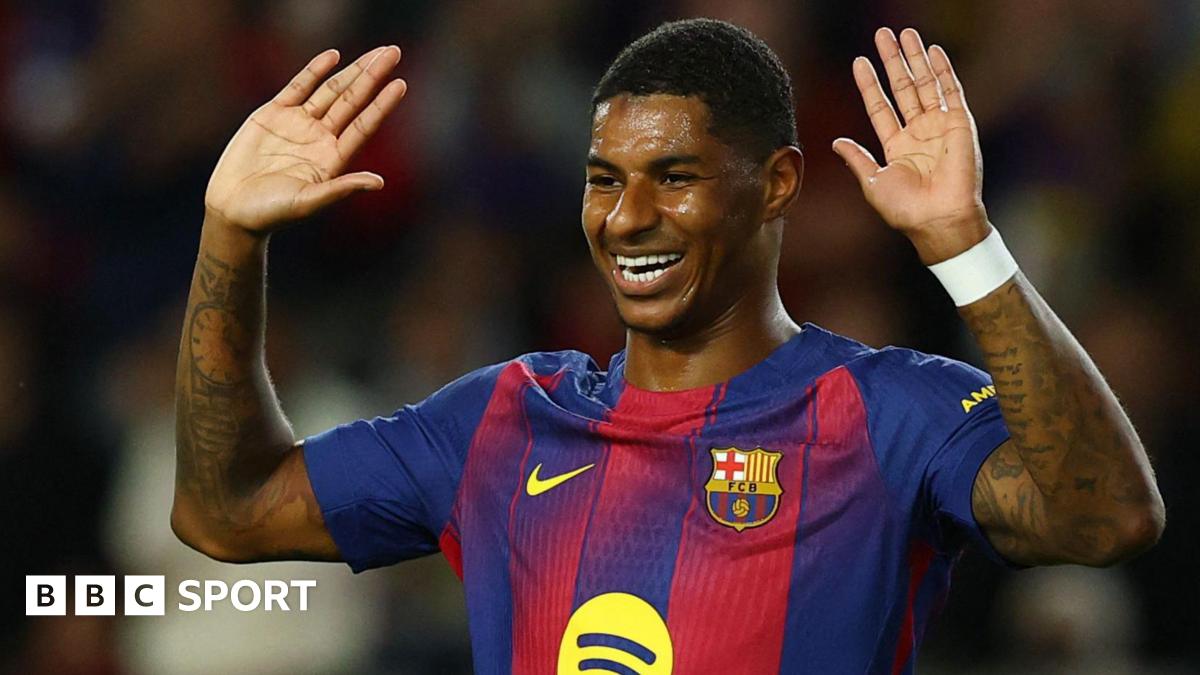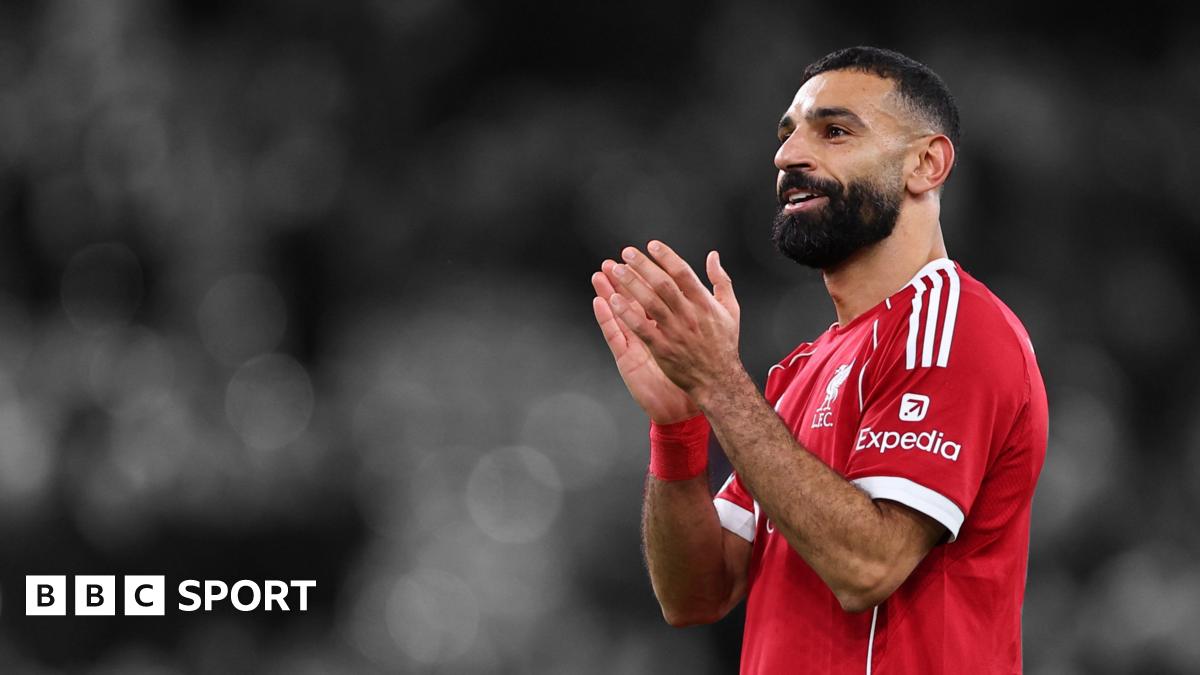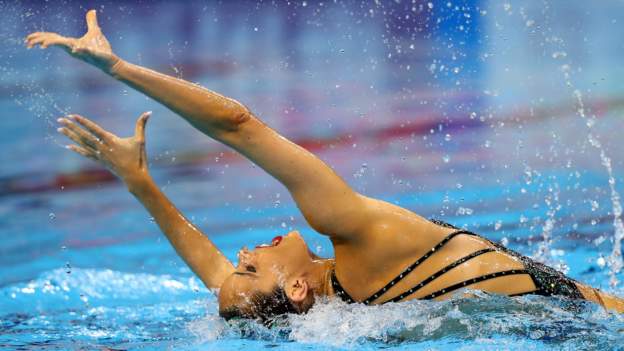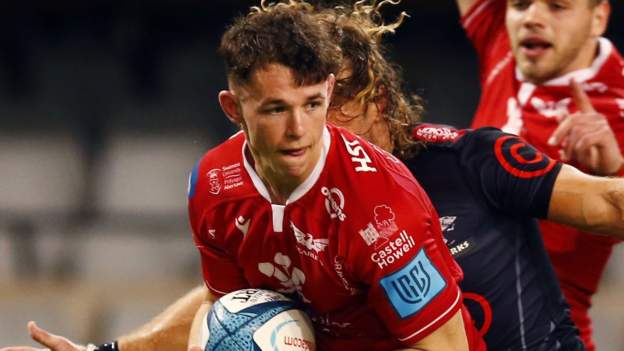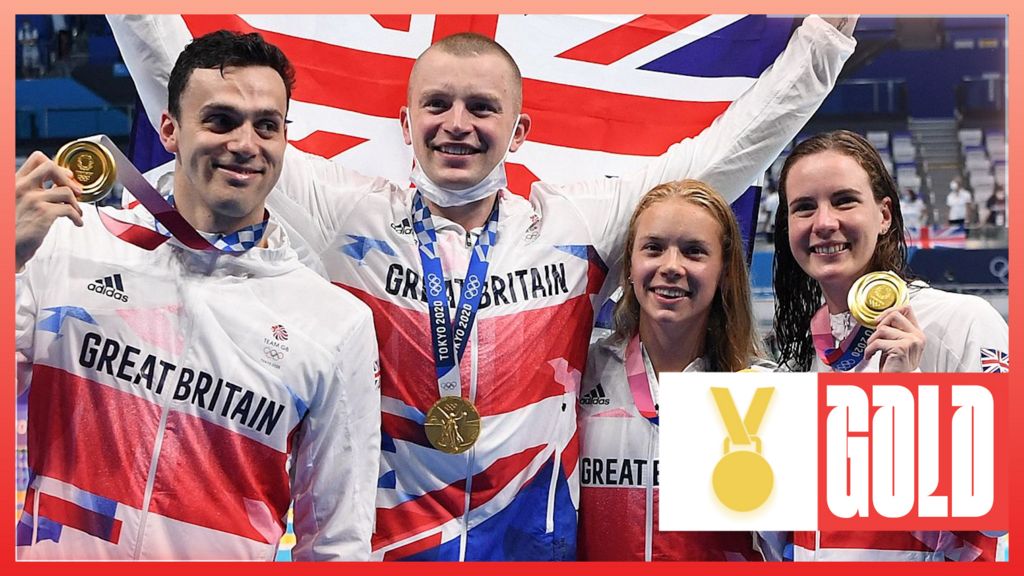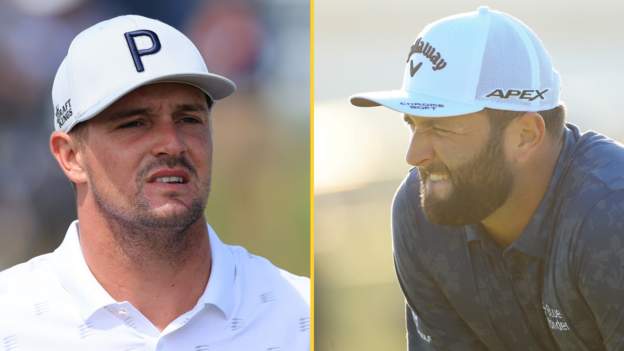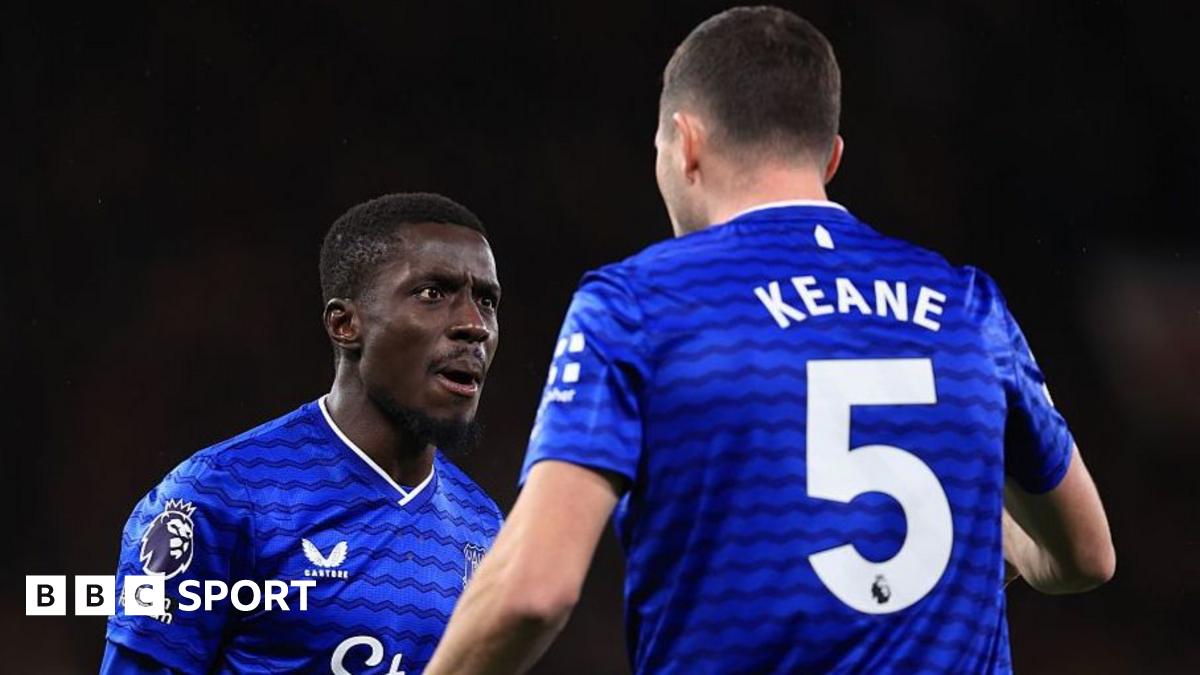When Ona Carbonell was told she could not breastfeed her son at the Tokyo Olympics, she felt she was being made to choose between her family and her sporting career.
Artistic swimmer Carbonell, 31, is a three-time Olympian and has won more than 30 major medals.
In August 2020 she gave birth to her first child – Kai – and was advised by doctors to take six months off training. She was back within four weeks, and within 11 months was ready to compete at the Olympics.
We spoke to Carbonell recently, as a film documenting her journey from giving birth to competing in Tokyo launched on Rakuten TV.
“I hope my story shows other women it’s possible to be a mother and an athlete,” she says. “It’s a wonderful thing.”
The film – called Starting Over – is a study in the serious sacrifices needed to juggle elite sport and motherhood. At times we see Carbonell crying in her car – too tired to drive home from training and thinking of giving up.
“I am incredibly exhausted and I’m feeling a lot of pressure,” she says. “I get home and I don’t even have the energy to pick Kai up.”
Of course, this was all happening during a global pandemic too, meaning training on Zoom and plans thrown into disarray by competitions being rescheduled.
As a breastfeeding mother, among the practical impacts on Carbonell was the fact her pattern of pumping milk for Kai was disrupted.
She speaks in the film about how exhausting that can be, but says that if she doesn’t do it she will feel sore and swollen.
Through it all, her drive to compete at another Olympics is clear – but the challenges don’t let up.
As part of the Games’ Covid-19 safety protocols, organisers initially banned athletes’ families attending.
Several athletes raised the issue of breastfeeding mothers, including Canadian basketball player Kim Gaucher, who won an appeal to take her baby to Tokyo. She called it “the right decision for women in sports.”
But even after the rules were changed – with Tokyo 2020 organisers saying “nursing children” could travel to Tokyo “when necessary” – Carbonell had an incredibly tough decision to make.
She said: “The Olympics told me I could bring my son, but he would have to stay in a separate place.
“That would have meant that every time I had to breastfeed my son, I would have to break the Olympic bubble – possibly putting myself, my son and the whole team at risk.”
Carbonell said she understood the Covid pandemic meant caution was needed, but that she shouldn’t have had to make the decision to leave Kai at home.
“If it’s possible to bring your coach, it should be possible to bring your husband or a parent along with your baby,” she says.
When Carbonell returned from the Games, Kai no longer breastfed.
“I didn’t think this would end like this and wanted to continue for more time,” she says. “But that’s one of the great obstacles for a female athlete and hopefully this will change in the coming years.”
Carbonell believes the issue goes beyond the pandemic and says she has never seen a woman breastfeeding a baby in an Olympic village.
She also says athletes can be discouraged from starting families, and that “being pregnant is worse than being injured”.
So what does Carbonell think could be done to make things easier?
“It would be good if there were more rooms for mothers to breastfeed in,” she says.
“We also need more information for new mothers. I’m pregnant at the moment with my second child and I’m still training, but it’s very confusing to figure out what we can and cannot do.”
For now, Carbonell is hoping her story can show other female athletes that motherhood can be compatible with sport – given the right environment and support.
“Some of my team-mates decided to postpone being mothers and, in the end, it was too late for them,” she says.
“It’s not necessary.”




